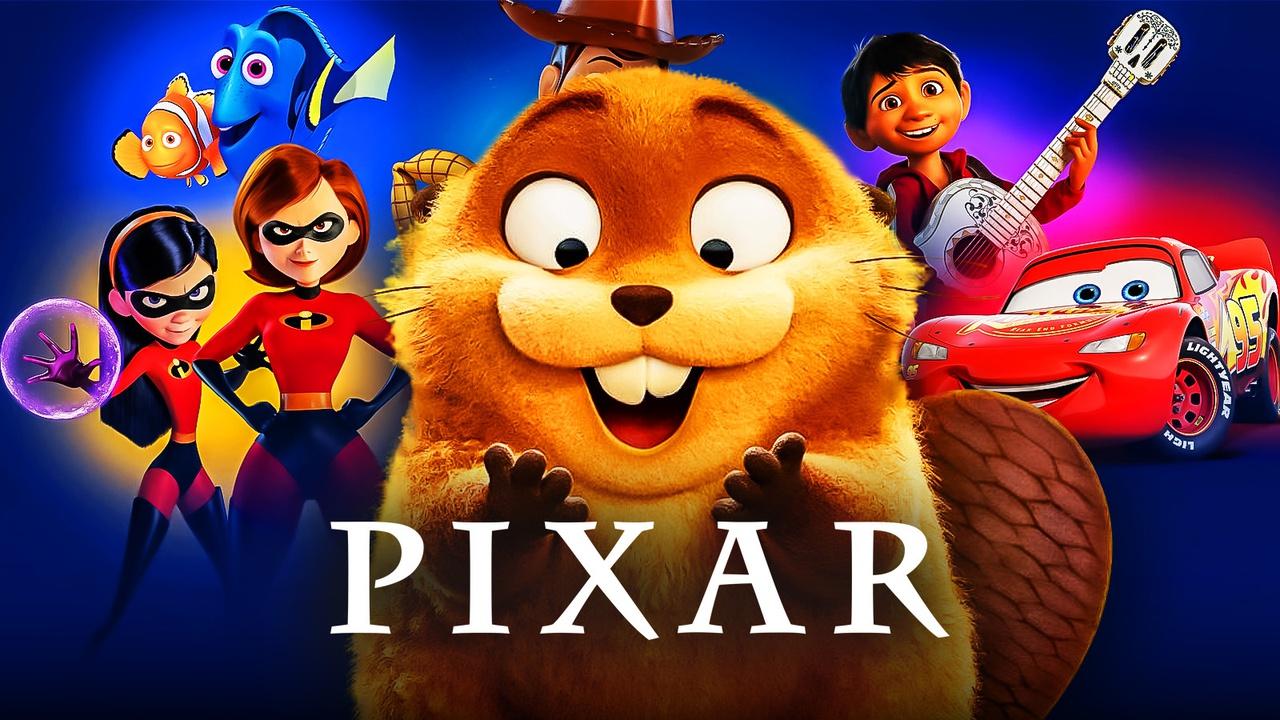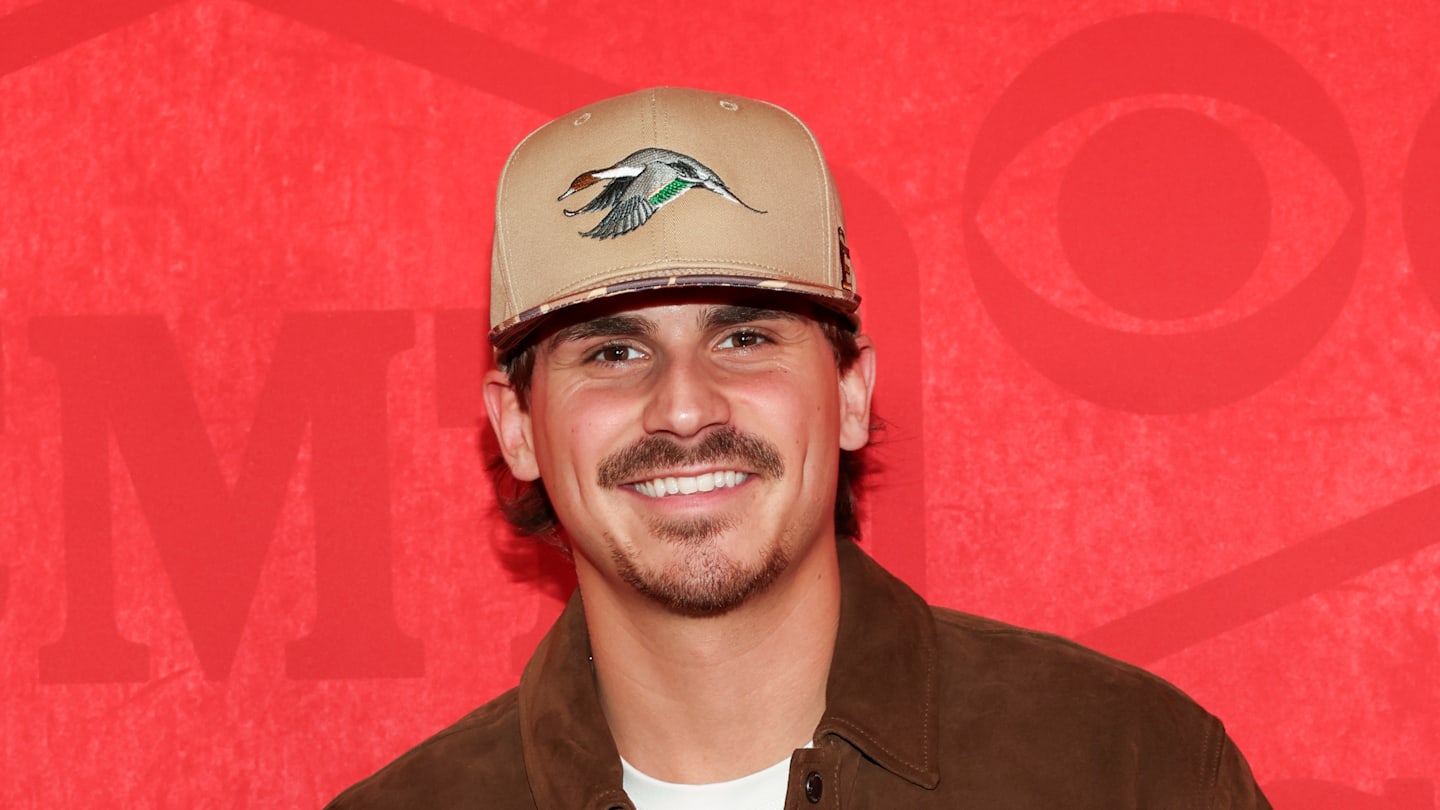Justin Baldoni claims Blake Lively should accept his nuzzling in dance scene as she knew she had signed on to ‘hot and sexy’ movie

Legal teams are arguing that the accusations made by the actress against Justin Baldoni, her co-star and the director of ‘It Ends with Us’, shouldn’t be taken seriously because the film itself involved a passionate and complicated love story.








